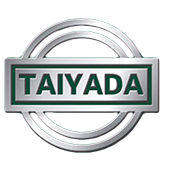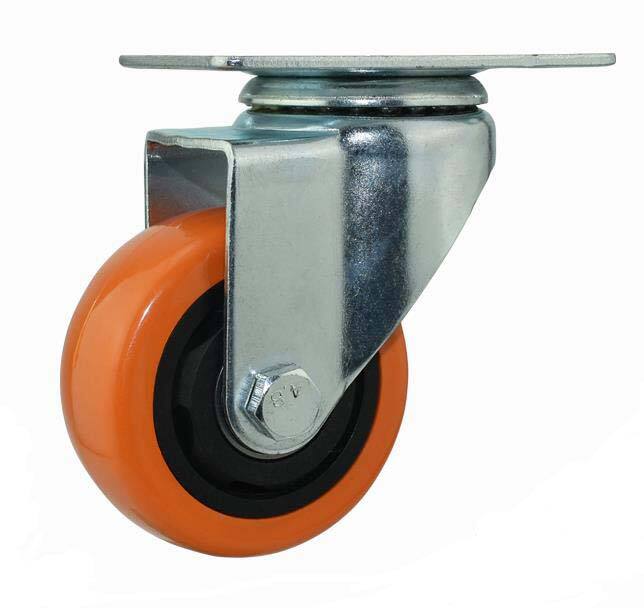When it comes to selecting casters, the choice of material significantly impacts the caster’s lifespan, corrosion resistance, appearance, and cost. Two common materials for casters are stainless steel and zinc, each with its own advantages and disadvantages. Below is a comparison and discussion of these two materials.
Advantages of Stainless Steel Casters:
Corrosion Resistance: Stainless steel is a popular material for casters due to its excellent corrosion resistance. This makes stainless steel casters suitable for various environments, including outdoor settings and high-humidity areas.
Durability: Stainless steel is strong and durable, meaning it can withstand heavier loads and is less likely to be damaged during use.
Maintenance Costs: Due to its corrosion resistance, stainless steel casters typically require less frequent maintenance and cleaning, which reduces long-term operating costs.
Lifespan: Stainless steel casters generally have a longer lifespan, providing greater value for investment.
Material Cost: The cost of stainless steel is relatively high, which may lead to the price of stainless steel casters being higher than that of other materials, such as zinc.
Advantages of Zinc Casters:
Price: Zinc is a less expensive material; thus, zinc casters are usually cheaper than stainless steel casters, making them a more economical choice for budget-conscious buyers.
Weight: Zinc is a relatively lightweight material; therefore, zinc casters are often lighter than stainless steel casters, which helps reduce the overall weight of equipment and increase mobility.
Ease of Manufacturing: Zinc casters are often easier to process and shape due to the malleability of the material, which may result in lower production costs compared to stainless steel.
Corrosion Resistance: Zinc itself does not have great corrosion resistance. While galvanized zinc can enhance corrosion resistance, this protective layer may accelerate deterioration if damaged.
Conclusion:
The choice between stainless steel and zinc casters depends on the application, budget, and intended usage environment. In settings that require high corrosion resistance and durability, stainless steel casters may be the better option. However, if cost is a primary factor, especially for indoor use or light loads, zinc casters may be a more economical choice.
When selecting caster materials, other factors such as the caster diameter, bearing type, anti-slip features, and whether special functions like noise reduction or locking mechanisms are needed should also be considered. Ultimately, based on the specific needs and application scenarios of the user, a balanced consideration of performance and cost will lead to the most appropriate choice.
For users with special environmental and performance requirements, it may be necessary to consider specialized materials or composite casters that combine different materials, such as a layer of stainless steel over zinc for enhanced corrosion resistance.
In conclusion, both stainless steel and zinc casters have their advantages and suitable applications, and the choice depends on the user’s actual needs and budget.


